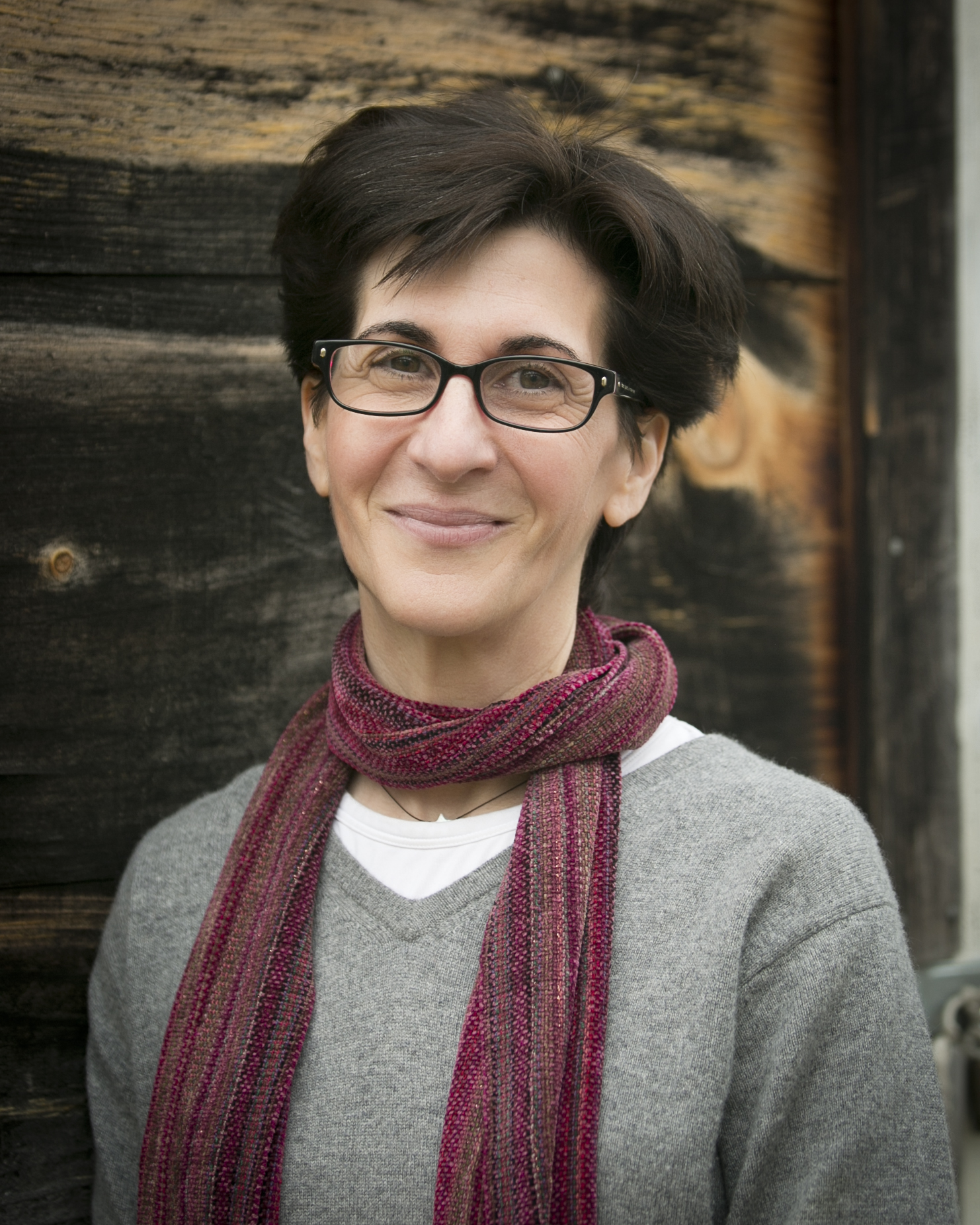Exploring the Dry Gables Series – “Franz and Lena Denken: Dry Good Proprietors”
The stories from the two Dry Gables Series include an accompanying post from the Sparkle Schoolhouse Educator, Meredith Markow. Each post offers insights into the characters and dynamics of the stories, along with suggestions for how to use the stories as parenting or teaching tools!
Our story of Franz and Lena is a love story. It is the story of a love based on mutual trust. It is the story of a love based on loyalty, on safety, stability, security, on service, and yes, even on vulnerability. It’s the kind of love that you can count on. I trust Franz and Lena, and I trust in their love for each other and for the Dry Gables community. They show us the part in each of us that feels afraid and insecure, and that sometimes doubts in the world.And yet, they face their doubt with great courage, and in doing so, they help others to face their own doubts and to find security and stability, too!So, if you’re looking to trust someone, look no further than to our responsible, dutiful and loyal dry goods proprietors,
Our Denkens are endearing and likable, and they able to form strong personal bonds with others. They are extremely reliable, responsible and trustworthy, and they work tirelessly to create stability and security in the world and bring cooperative spirit to whatever they’re involved with. They are deeply committed to family, friends and to the well-being of their community. When they are trusting in themselves and others, they are serene open-minded and creative, and they become a powerful source of guidance, strength and security for themselves and for others.
Now remember, Denkens are looking for guidance and security, but they can be anxious or fearful when they don’t receive it, however. In short, they want to know what and whom they can trust.
Denkens seeks guidance and security, they want to know what they can trust to feel safe, and the emotion that often underlies their motivations or that they are avoiding feeling is Fear.
More than any of our Dry Gables friends, our dear Denkens are seeking stability and safety. Our Denkens do this by making sure that their environment is safe or by getting others to like and trust them, so that, in turn, they can rely and trust in others.
When your child is being a Denken, you might notice that they:
Like order and predictability
They may test others to see if they are trust-worthy
May fear being abandoned
Worry about their safety more than most kids
React in extreme, contradictory, or unpredictable ways at times
Change moods often, nervous, brooding, comical, serious, enraged
Can challenge your position on things
Cover fearful feelings by being aggressive
Try to entertain to please or to get others to like him/her
Are very loyal to their friends
Have a very difficult time making decisions
Do not like surprises
On the alert for danger
The tricky bit in parenting or teaching them is that they can be emotionally reactive or fearful where there are too many unknowns or too many unfamiliar elements. Your Franz and Lena can also seem a bit jittery and uneasy in general. They are our worriers. They worry, and then find something more to worry about. They’re always on the lookout for someone they can trust or someone they can rely on, when really, they don’t have much faith in themselves. They don’t trust in their own guidance, so they look outside of themselves to find it. Our Denkens are unpredictable, and this makes them difficult to categorize. No matter what you say about the opposite can be just as true.
But why?
The primary worry for our Denkens motivation is the fear of being unable to survive. They can perseverate or ‘over-think’, and then they have trouble coming to conclusions about what to do without reassurance and guidance from outside of themselves. Related to this is their fear of being abandoned. They are looking for security and safety wherever they can find it. So, while we can offer reassurances after reassurance, and they need this, they also need to learn to trust in themselves, and perhaps also in something even beyond themselves that is assuring them that all is well.
What your little Franz and Lena most want to hear from you is:
YOU ARE SAFE.
When their behaviors, words, actions are challenging, it’s often because they think that having needs translates into being insecure or unsafe.
Here are a few tips when you have a Lena or Franz on your hands:
Franz and Lena are relational people. They are energized by interacting with others and great friends and companions. But they’re extremely reactive, so it’s up to you to remain stable ground when this happens. This provides the calm in the storm that they need.
They have problems making decisions. You could help them by asking them to make a relatively small decision, and then go along with it, no matter what they decide.This will help them to trust that they can make larger decisions.
Franz and Lena need a lot of reassurance. Sometimes nonverbal physical closeness is more effective than long pep talk. If physical closeness is not appropriate, just being together and hanging out will allow them to form trust.
Franz and Lena need to be able to rely on others, so show up as dependable and hard-working.
Reassure them repeatedly that you have their best interests at heart (and mean it!), even if they may not agree with your methods.
Be direct and straightforward with your Denkens. If they feel you are withholding something from them, they can become suspicious.
Our Denkens want to feel a bond with others to feel secure. Affirm your similarity with them.
Depending upon your own beliefs, help your Frank and Lena to trust that there is something larger than they are who is lovingly watching over their safety.
And when we can provide these things, Frank and Lena will relax into the strong, independent people that they can be!
The gift that our Denkens give to us is:
Awareness and Guidance!
And we have Franz and Lena to remind us to TRUSTeach other and the worldin times of doubt!
About the authors
-

Meredith Markow
Sparkle Schoolhouse Head of SchoolMeredith has been working with adults and children of all ages for the past 25 years as a Waldorf Teacher and Educational Consultant. She received a B.A. with a focus on child development and child psychology from the University of Michigan, in 1984, an M.A. Ed from Washington University in 1987, and her Waldorf Teaching Certificate from the Lehrerausbildung (Teacher Training) in Nurnberg, Germany in 1989. She was certified as a Living Inquiries Facilitator in 2014, and she completed her formal teaching certification with The Enneagram Institute in 2014. Her work in the classroom and with individuals and groups is designed to help people of all ages to drop self-limiting beliefs to live a more joyful and compassionate life.


